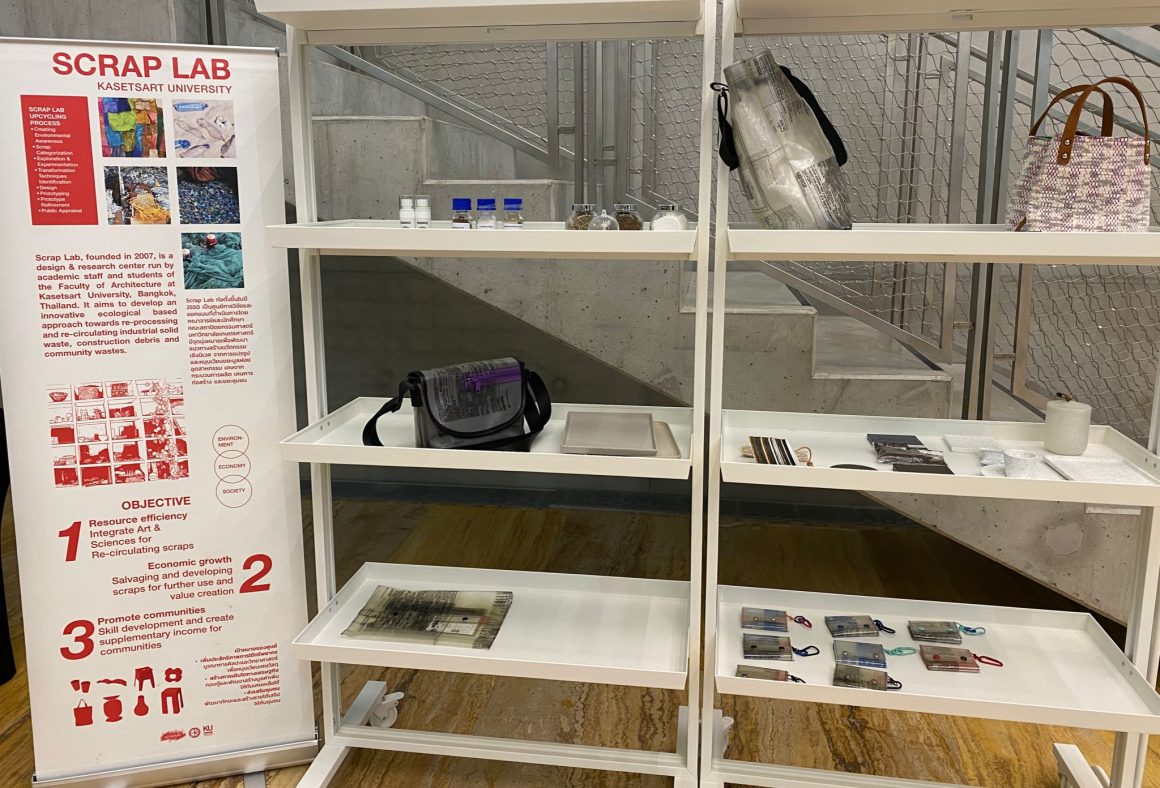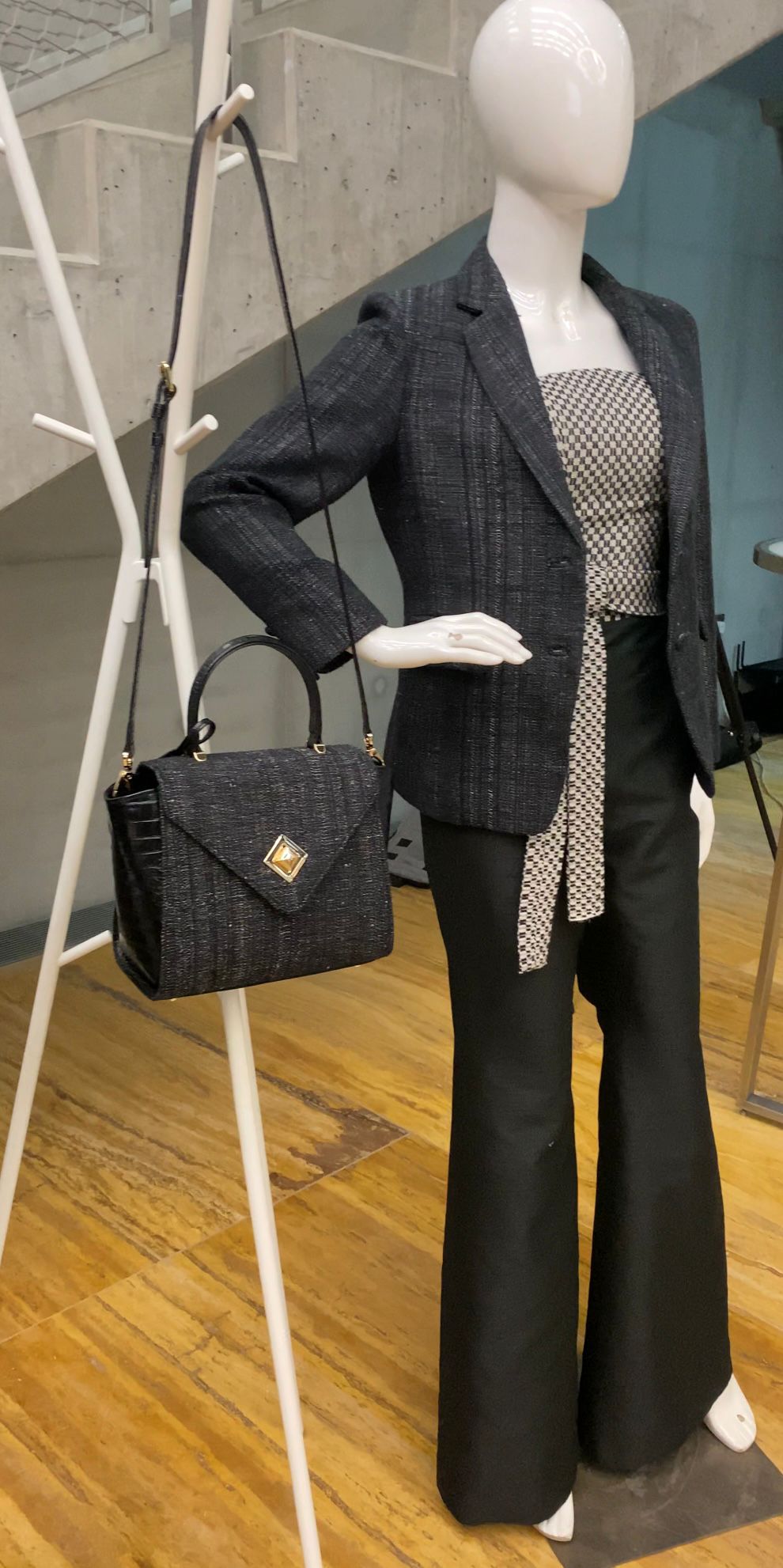
[ad_1]
seminar “Labs, Farms and Bottles: From Waste to Wealth” explores innovative upcycling technologies and sustainable solutions.
The Royal Thai Embassy in collaboration with the Qatar Research Development and Innovation Council (QRDI) hosted a seminar and mini-exhibition at the QRDI Auditorium in Doha today (Wednesday).
The event, which ran from 9:30am to 12:00pm, brought together researchers, industry experts and stakeholders from Thailand and Qatar to explore innovative approaches to upcycling and valorisation of waste.
The event was attended by Thai Ambassador to Qatar Sira Swangsilpa and Japanese Ambassador to the State of Qatar Satoshi Maeda.
The symposium highlighted groundbreaking research from Thai universities addressing pressing issues of waste management and sustainability.
The conference features three key sessions led by renowned Thai researchers at the forefront of innovation in waste-to-value conversion.
In the first session, Dr. Singh Intrachooto, a leading figure in the field of sustainable development and upcycling, discussed Thailand’s innovative solutions to the waste problem through upcycling.
His work focuses on transforming discarded materials such as wood, metal and plastic into stylish and functional furniture, and repurposing construction waste such as concrete and glass into new building materials.
Dr. Intrachooto also highlighted the use of discarded materials in art installations, decorative items and sustainable fashion, highlighting the creative potential of upcycling in waste management.

In an interview with Doha News, Dr. Intrachooto spoke candidly about the challenges he faced while conducting upcycling research in Thailand.
“The hardest part about implementing upcycling research is that people often think it’s not a deep technology and lacks real economic value,” he explains.
“Finding funding was difficult, but after a decade of hard work, people are starting to notice the real value of what we do. Any new country exploring upcycling like Qatar will face similar skepticism,” he added.
He stressed the need for commitment, saying “researchers need to be like me – committed to addressing this issue through the eyes of a designer”, adding that he would be “very happy to work with or mentor any team in Qatar interested in exploring upcycling”.
The second session, moderated by Dr. Chanakarn Ruangnarong, focused on pioneering research in the field of sustainable textiles.
Dr. Ruangnarong’s work explores the transformation of agricultural waste such as rice husks and banana peels into eco-friendly clothing.
This innovative approach addresses the environmental challenges faced by the traditional textile industry, which often relies on resource-intensive materials such as cotton and synthetic fibers.
By repurposing waste that would otherwise cause pollution, Dr. Ruangnarong’s research promotes a circular economy, turning waste into a valuable resource.
Her work involves advanced processing technologies to extract and treat natural fibers, enhancing their properties to create soft and durable textiles for a variety of apparel applications.
This not only reduces the environmental impact of textile production, but also provides consumers with sustainable fashion choices, supporting the global shift towards environmentally friendly and responsible fashion.

At the end of the seminar, Dr. Prakit Sukyai presented advanced models of sustainable biomass utilization in Thailand, with a special focus on cellulose-based food and medical products.
His research focuses on converting various agricultural byproducts, such as rice straw, bagasse, and palm leaves, into valuable cellulosic products that play important roles in the food and medical industries.
Dr. Sukyai’s approach involves a complex process to extract cellulose from these biomass materials and then modify them to produce a high-quality, biodegradable alternative to traditional synthetic materials.
In the food industry, these cellulose derivatives are used to enhance food texture, extend shelf life and improve nutritional content while reducing reliance on petrochemical additives.
In the medical field, cellulose-based products are used in wound dressings, drug delivery systems and tissue engineering, providing biocompatible and sustainable solutions to meet the growing demand for environmentally friendly medical supplies.
Dr. Sukyai’s work highlights Thailand’s leadership in this field and demonstrates how these models can be replicated in other countries, such as Qatar, to advance sustainability and technological progress in biomass utilization.
Malik Habayeb, International Projects Specialist at the Qatar Research Development and Innovation (QRDI) Council, stressed the importance of sustainability in its research and innovation work.
He told Doha News: “The Thai Embassy has been an active partner in the field of sustainable development. Sustainability is at the core of QRDI’s research and innovation, with a focus on reducing waste and upcycling it to create value. Waste is a key component, with 50 to 60 percent of Qatar’s waste coming from construction centres, which highlights where change needs to happen.”
Habayeb noted that the workshop provided a unique opportunity to learn from Thai researchers and engage with Qatari stakeholders, including representatives from HBKU, the Ministry of Climate Change and other organizations with a keen interest in sustainable development.
Habayeb stressed the importance of global cooperation in addressing climate challenges and achieving common goals. He added: “Sustainability is part of Qatar’s commitment to providing a safe, clean environment and finding economic opportunities.”
The workshop prioritized sustainability and resource efficiency in support of Qatar’s National Vision 2030.
[ad_2]
Source link


